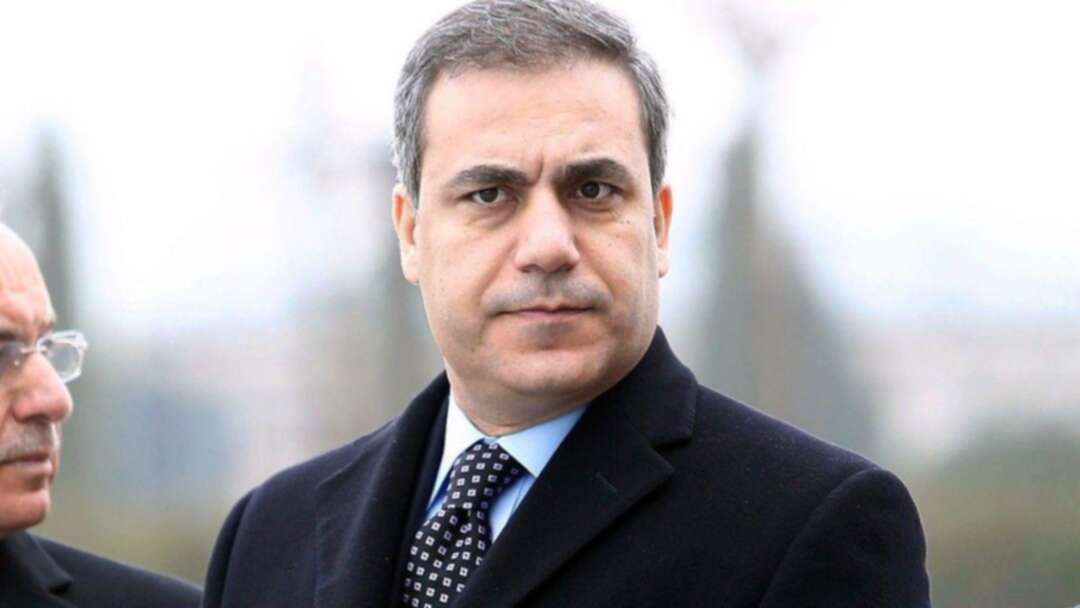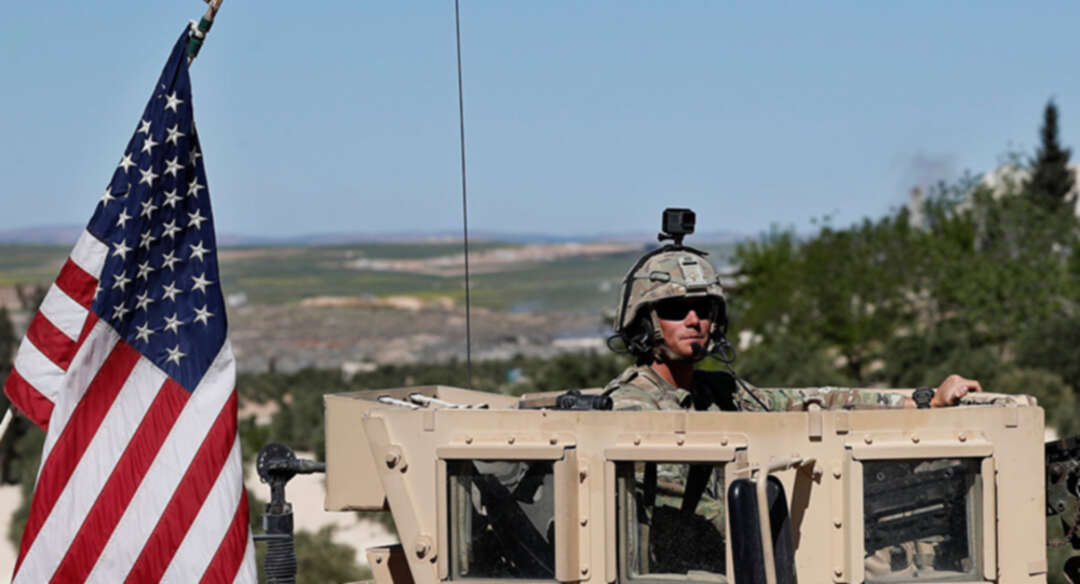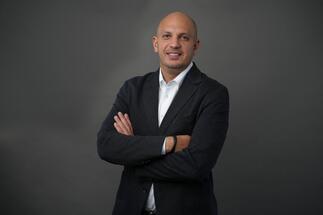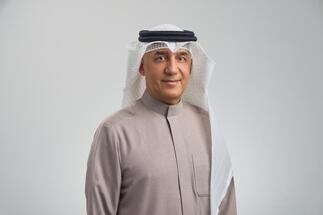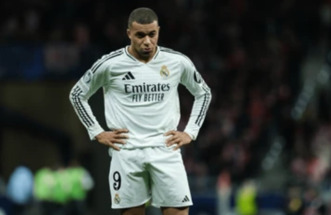-
Philippine president signs into law raising sexual consent minimum age from 12 to 16
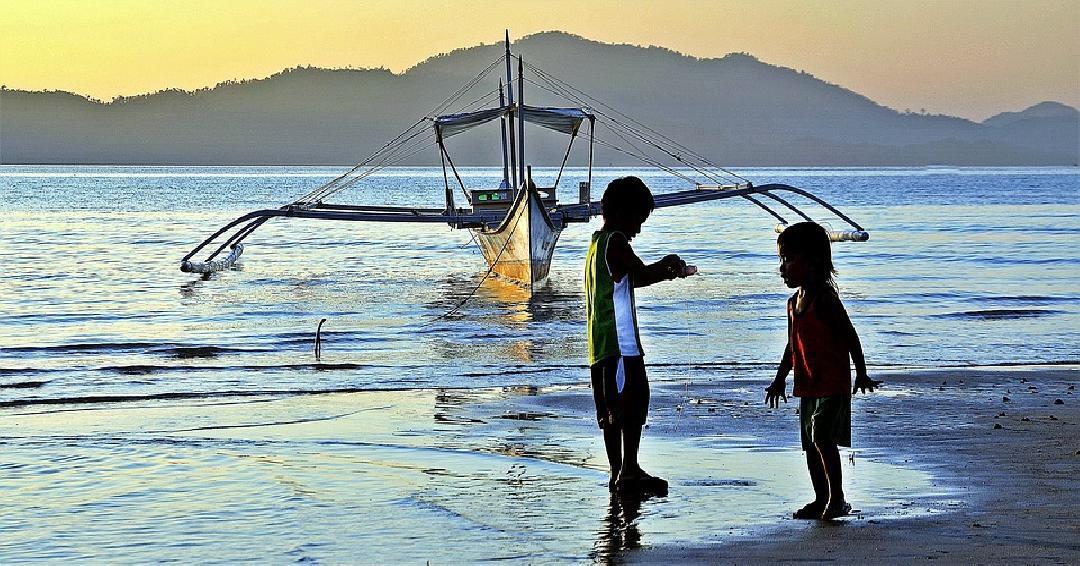
The Arab News reported, citing Reuters, Philippines President's office said on Monday that President Rodrigo Duterte has signed into law a bill that raises the minimum age of sexual consent from 12 to 16, in a bid to protect minors from rape and sexual abuse.
According to the United Nations Children’s Fund (UNICEF), the Philippines until now has had one of the world’s lowest minimum ages of sexual consent, behind Nigeria’s age of 11.
A joint 2015 study by UNICEF and the Center for Women’s Resources, a local non-governmental group, showed seven of 10 rape victims in the Philippines were children.
The study said, one in five respondents age 13 to 17 reported experiencing sexual violence, while one in 25 experienced forced consummated sex during childhood.

Under the bill endorsed by Duterte, which is gender neutral, any adult engaging in sexual contact with anyone 16 or under would be committing statutory rape, unless the age difference between them was three years or less and sex was proven to be consensual, and neither abusive nor exploitative.
Child marriage becomes illegal in Philippines
The exemption does not apply if the one of those involved was under 13.
“We welcome this legal development and hope that it will help protect young girls from rape and sexual abuse,” said Josalee Deinla, spokesperson of the National Union of Peoples’ Lawyers, which provides legal help to poor and marginalized people in the Philippines.
Lawrence Fortun, one of the bill’s main sponsors, described it as “a major step forward.”
Philippines Duterte orders arrest of mask violators to contain COVID-19 surge
He said in a statement: “I am elated that our collective efforts at pushing for stronger protection against rape and other forms of sexual abuse are advancing."
Source: arabnews
You May Also Like
Popular Posts
Caricature
BENEFIT Sponsors Gulf Uni...
- April 17, 2025
BENEFIT, the Kingdom’s innovator and leading company in Fintech and electronic financial transactions service, has announced its sponsorship of the “Innovation and Sustainable Technology Solutions Competition (GU - IST Solutions), hosted by Gulf University at its main campus.
This strategic sponsorship reflects BENEFIT’s active role in advancing technological innovation and fostering sustainable solutions to future challenges. It also seeks to empower Bahraini youth by enhancing their skills, capabilities, and competitiveness in innovation and solution development—contributing meaningfully to the broader goals of sustainable development across all sectors.
As part of BENEFIT’s active involvement in the competition, the company has announced that Hanan Abdulla Hasan, Senior Manager of Public Relations and Communication, will serve on the competition’s supervisory committee. Her upcoming participation reflects BENEFIT’s forward-looking commitment to championing academic and professional excellence.
Commenting on the occasion, Hanan Abdulla Hasan, Senior Manager of Public Relations and Communication at BENEFIT, said, “We are privileged to support this pioneering initiative, which aligns seamlessly with BENEFIT’s enduring commitment to fostering innovation and nurturing the potential of Bahrain’s youth. Our participation is rooted in a deep sense of social responsibility and a firm belief in the pivotal role of innovation in shaping a sustainable future. Through such platforms, we seek to empower the next generation with the knowledge, skills, and foresight required to develop impactful solutions that address future challenges, in line with the United Nations Sustainable Development Goals 2030.”
Dr. Aseel Al Ayash Dean of the College of Engineering in Gulf University commented, “We extend our sincere gratitude to BENEFIT for their generous sponsorship and support of the Innovation and Sustainable Technology Solutions Competition. This contribution plays an instrumental role in helping us achieve the strategic goals of this initiative, namely, cultivating a culture of innovation and sustainability, encouraging efforts that address the imperatives of sustainable development, and enhancing the practical and professional capabilities of our students and participants.”
The event will bring together a diverse spectrum of participants, including secondary school students, university undergraduates, engineers, industry professionals, entrepreneurs, academic researchers, and subject matter experts representing a wide range of disciplines.
The competition seeks to inspire participants to develop and present innovative, sustainable technologies aimed at addressing pressing environmental, social, and economic challenges. It encourages the formulation of business models that integrate advanced technological solutions with core principles of sustainability. Moreover, it serves as a platform for emerging leaders, entrepreneurs, and innovators to contribute to the advancement of the Sustainable Development Goals, promote the ethos of responsible technology, and demonstrate its transformative potential across various sectors.
Attendees will have the opportunity to view a series of project presentations submitted by participants, covering diverse areas such as eco-friendly product design, smart and sustainable innovations, renewable energy technologies, water conservation and management, waste minimisation and recycling, green architectural solutions, and sustainable transportation systems. Outstanding projects will be formally recognised and awarded at the conclusion of the event.
opinion
Report
ads
Newsletter
Subscribe to our mailing list to get the new updates!


